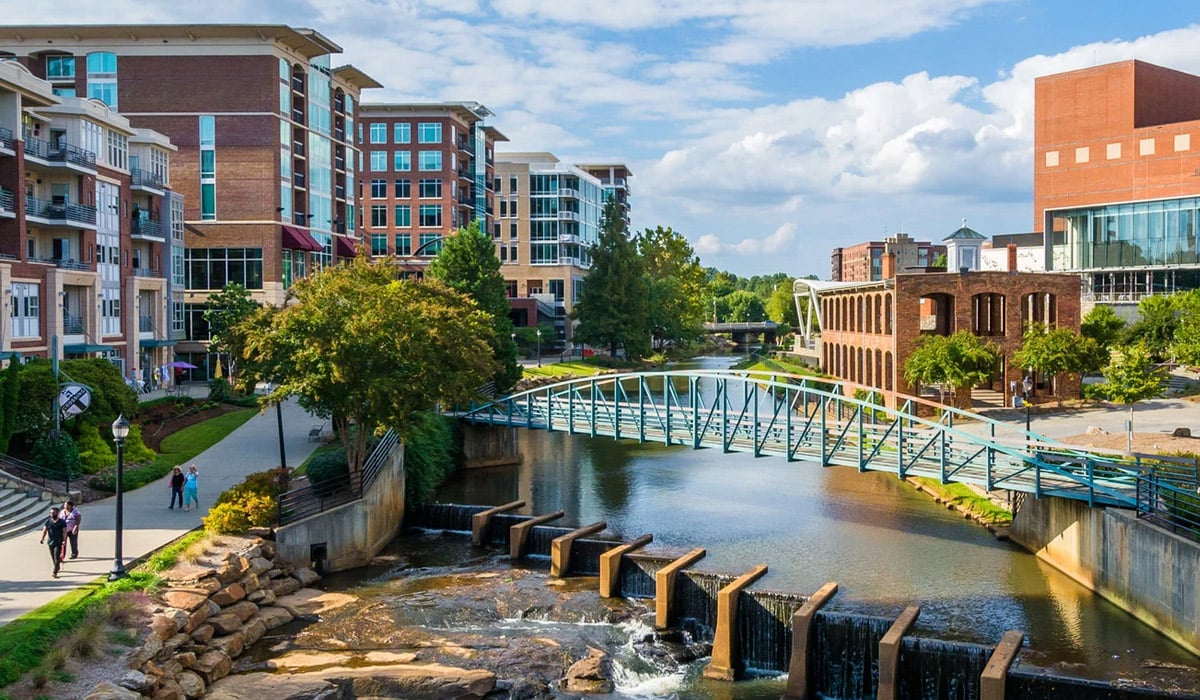Knowing what questions to ask when buying a home can mean the difference between living in a wonderful house with affordable payments and living in an overly expensive place that gives you constant headaches.
Before you commit to buying your next home, make sure you ask these four questions.
How does the price compare to those of other homes in the area?
Real estate prices can vary significantly from city to city. In some cases, prices vary a lot even from street to street. Ask your realtor for a comparative market analysis that helps you decide whether a house that interests you has a fair price.
How motivated are the sellers?
When realtors talk about "motivated sellers," they are referring to current owners who want to sell their home as soon as possible, even if that means taking less money than they asked for. By asking how motivated a seller is, you can decide whether to make a low offer or stick to the asking price.
Keep in mind that even the most motivated seller may feel offended by a low-ball offer. You want to get the lowest price possible, but you don't want to upset the seller so much that he or she refuses to cooperate with you.
What updates or repairs does the home need?
You may need to spend money on updates or repairs before you move into your new home. Some red flags to look out for include:
- Leaky foundation
- Damaged roof
- Old siding with water or storm damage
- An HVAC unit that's more than 10 to 15 years old
If you discover that you'll need to spend a lot of money on a house, then you may want to negotiate with the seller to either pay for the updates or accept a lower offer. Hiring a home inspector is an efficient way to find out about such questionable parts of a property, as they are trained to look for specific issues that could be troublesome for the new owners.
Is the house in a floodplain?
Living in a floodplain increases the risk of getting water in your basement. Depending on how much water the area gets, a flood may get so bad that it reaches the first or second floor. It's a potential hassle that a lot of people don't want to deal with.
If you choose to buy a home in a floodplain, then you will need an extra insurance policy that covers flood damage. You'll need to contact insurance companies for estimates on flood policies for the home.
A lot of people enjoy the excitement of buying new homes. As long as you have the information you need to make a smart decision, you can feel good about your purchase for decades.
Looking to buy a home, but don't know where you should get a mortgage? Learn about the different mortgage options Contour Mortgage offers.
















